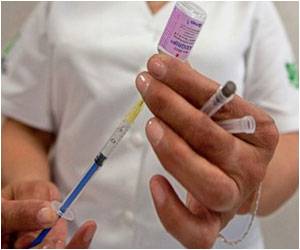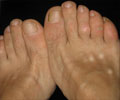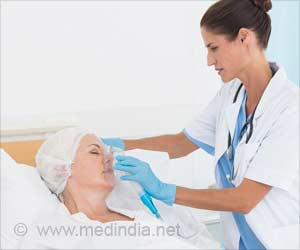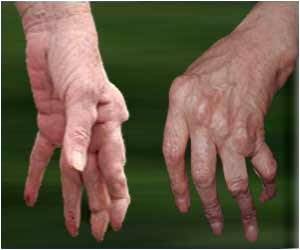Varicose veins are linked to increasing the risk of deep venous thrombosis (DVT), but further research is needed to understand its association if it is causal or reflects a common set of risk factors.

‘Further research is required to understand the association between varicose veins and deep venous thrombosis (DVT).’





Not much is known about varicose veins and the risk of other vascular diseases including DVT, pulmonary embolism (PE) and peripheral artery disease (PAD).About 212,984 patients with varicose veins and 212,984 without varicose veins from claims data in Taiwan's National Health Insurance program; patients were enrolled from 2001 to 2013 and followed up through 2014.
The study measured varicose veins (exposure); risk of developing DVT, PE and PAD in people with and without varicose veins (outcomes).
This was an observational study. Researchers were not intervening for purposes of the study and cannot control all the natural differences that could explain study findings.
The authors of the study were Pei-Chun Chen, Ph.D., China Medical University, Taichung, Taiwan, and coauthors.
Advertisement
Findings about potential associations between varicose veins and risk of PE and PAD were less clear because of possible confounding factors.
Advertisement
Source-Eurekalert















